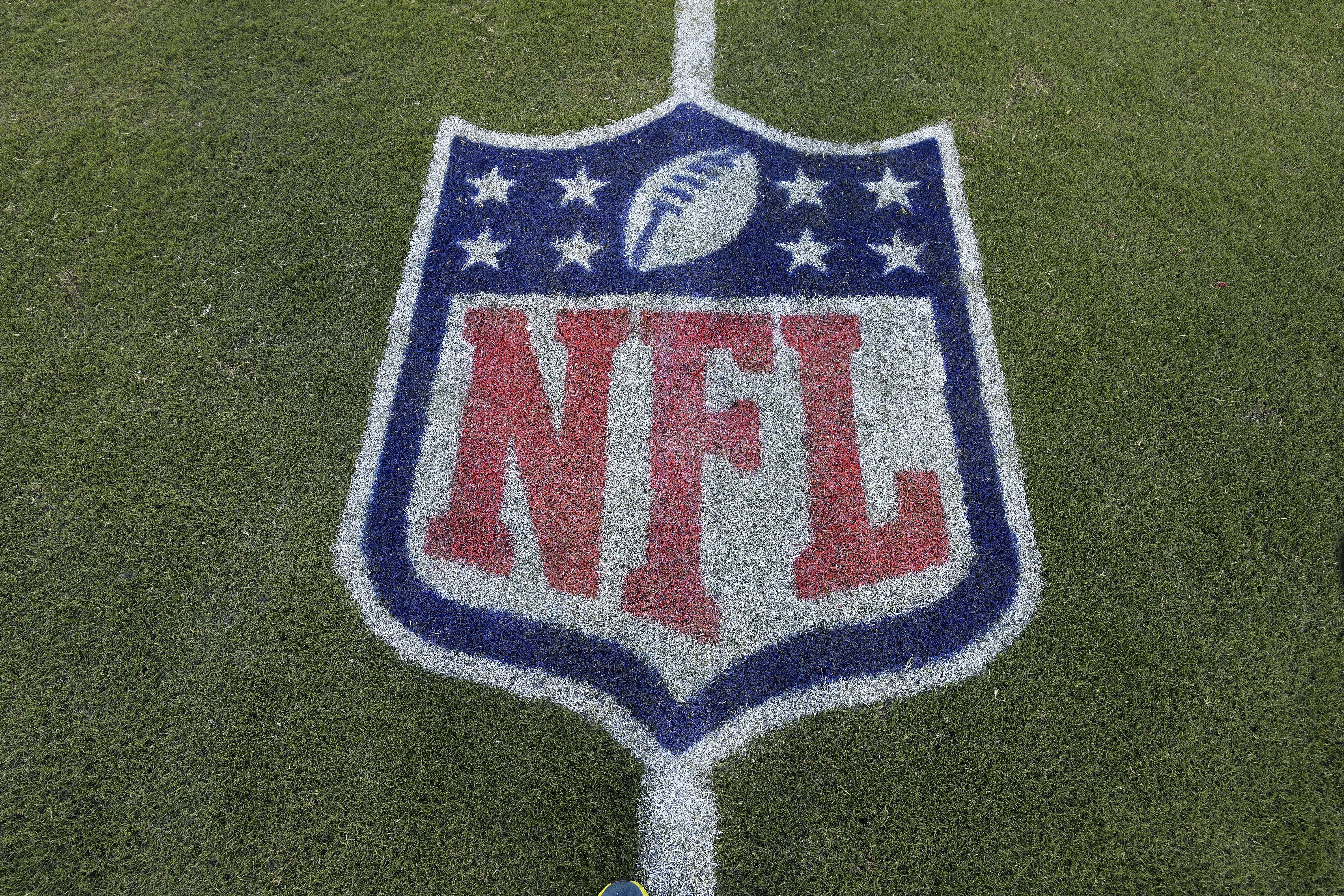
The NFL is committed to doing its part to help build a positive culture around mental health.
The past decade has brought about a more open and positive dialogue around mental health. There is a growing recognition that mental health is important and integral to health and that a holistic approach to wellness can help improve all aspects of life. The NFL is committed to doing its part to help build a positive culture around mental health.
“Mental health exists on a continuum, from thriving to emotional distress. But too often we equate mental health to mental illness,” says Dr. Nyaka NiiLampti, NFL Vice President of Wellness and Clinical Services. “So, one of the conversations that we are hoping to be able to have is really making sure NFL players and club personnel understand that everyone has mental health.”
Those conversations are a key component of the NFL and NFLPA’s ongoing efforts to prioritize and destigmatize mental health and expand utilization of mental health resources across all 32 teams.
Access to mental health resources and a true understanding of mental wellness are more important than ever. That’s why the NFL and NFLPA share educational materials with clubs to highlight the mental health resources available to players and other club personnel.
Expanding Mental Health Resources
In 2019, the NFL-NFLPA enacted a joint Behavioral Health Agreement, an initiative that expanded existing resources available to NFL players aimed at supporting total wellness.
“Mental health resources have been there for a long time,” Dr. NiiLampti says. “But what this behavioral health initiative has done is to put it at the forefront of player care.”
The Behavioral Health Agreement required all teams to retain a behavioral health team clinician available at the club a minimum number of hours per week, mandated the development of a team specific Mental Health Emergency Action Plan, and established a joint NFL-NFLPA Mental Health and Wellness Committee.
On an ongoing basis, the program also requires mandatory mental health education for all players and league personnel, ensures player confidentiality, and works to destigmatize the utilization of mental health resources through open discussion and dialogue.
Fully Integrated Support
Every NFL club is now required to have a licensed and experienced mental health clinician on-site who is fully integrated into the team environment. Many teams have had a team clinician on staff for years, but the Behavioral Health Agreement formalized the role.
These behavioral health team clinicians primarily focus on supporting players but can also be available to coaches and staff. Beyond serving those at the club facility, they can also provide education, outreach and mental health resources to immediate family members of players and club personnel.
“During the course of the season, [we] provide information and training to spouses and significant others,” says Dr. Tricia Bent-Goodley, Baltimore Ravens Team Clinician. “We can now work together to support their family.”
It Takes a Team
Team clinicians don’t operate in a vacuum. While maintaining the confidentiality of players, they work with team physicians and athletic trainers, the team chaplain and the team head of player engagement to form a mental health and wellness team.
“It takes a team to take care of a team,” says Dr. Andrew Tucker, Baltimore Ravens Chief Medical Officer.
“Our goals are all the same, which is to optimize mental and physical health amongst all of our players and offer them different touchpoints to engage our mental health team,” he says.
Ultimately, the goal is to staff every club with multiple people who can identify if a team member may be struggling with a mental health-related concern and who are trained to offer the right kind of support, in the process normalizing any feelings they are experiencing.
Protecting Privacy
The cornerstone of all mental wellness resources provided to players is a strict confidentiality policy, designed to protect individual privacy.
The important work of team clinicians is built around the idea that anything players, coaches, staff and family members reveal in confidence will remain private.
“We know that you can have the best resources in the world and if players don’t feel like their information is going to be held confidentially, they’re not going to use those resources,” says Dr. NiiLampti.
The confidentiality policy is paramount to ensuring privacy is upheld to the highest standards and building trust between players and club mental health and wellness providers. There are proper checks and balances in place to ensure that all team members adhere to these guidelines.
Supporting Total Wellness
Mental health and wellness is just one component of the NFL’s broader efforts to provide resources that advance a holistic approach to player care.
“We want to allow players to have the space and capacity to be able to talk about the emotional part of this business, the pressure that goes with it, and how we can all work together to be healthier people or a healthier family,” says Don Davis, NFLPA Senior Director of Player Affairs.
The NFL is taking a comprehensive approach to supporting players and their families. That includes mental, physical, emotional, spiritual and financial health.
There is more work to be done, but the NFL remains committed in its efforts to provide the best mental health resources available, destigmatize mental healthcare, and provide a space where players feel safe and confident in asking for help.